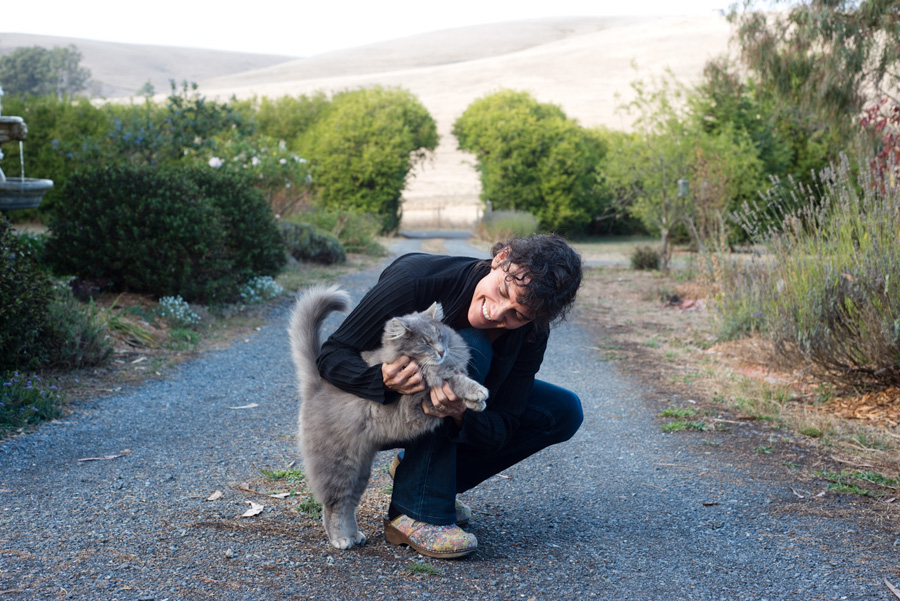The three black cats foraging outside Tomales High School that Dr. Linda Elder noticed one afternoon three years ago did more than distract her . . .
Dillon Beach author teaches empathy for cats


The three black cats foraging outside Tomales High School that Dr. Linda Elder noticed one afternoon three years ago did more than distract her . . .